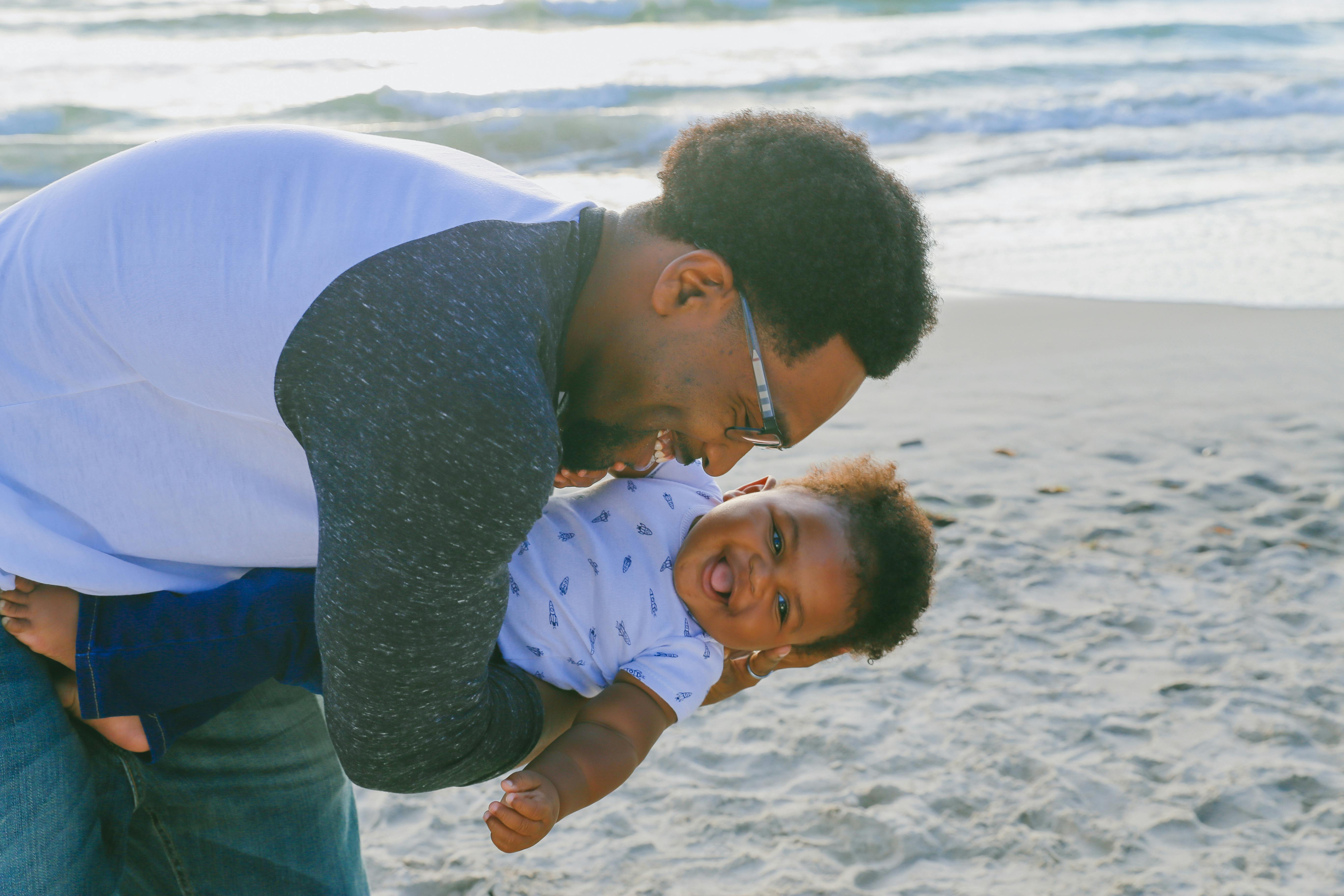Table of Contents
Establishing Basic Rules and Expectations
When hiring a babysitter, it is important to establish basic rules and expectations that are age-appropriate for your children. This includes setting guidelines for bedtimes, meals, screen time, and any other specific routines that your children follow. Be clear and specific about what you expect from the babysitter in terms of caring for your children and maintaining the household. Make sure to communicate any rules regarding discipline, manners, and behavior expectations to ensure consistency in your absence.
On-Demand Childcare in Your Neighborhood
Book a Sitter
Safety Guidelines
Safety should always be a top priority when it comes to caring for children. Make sure to provide the babysitter with important safety guidelines, such as emergency contact information, medical information, and any allergies or special needs that your children may have. Show the babysitter where first aid supplies are located and go over any safety hazards in your home that they should be aware of. Discuss fire evacuation plans, home security measures, and other safety protocols to ensure that your children are in good hands.
Activities and Entertainment
To keep your children engaged and entertained while you are away, provide the babysitter with age-appropriate activities and entertainment options. This may include books, toys, games, and craft supplies that are suitable for your children’s ages and interests. Encourage the babysitter to engage in interactive play, outdoor activities, and creative projects to keep your children stimulated and happy. Discuss any screen time limits or restrictions that you would like the babysitter to follow and provide guidelines for appropriate content.

Handling Emergencies
In case of any emergencies or unexpected situations, it is essential for the babysitter to be prepared and know how to react. Provide the babysitter with a list of emergency contacts, including your phone number, a trusted neighbor, and the contact information for your child’s pediatrician. Show the babysitter where the nearest hospital is located and go over any specific medical procedures or protocols that they may need to follow.
Discuss what to do in case of a power outage, severe weather, or other emergency situations to ensure that your children are safe at all times.
Communication and Feedback
Effective communication between you and your babysitter is key to a successful babysitting experience. Make sure to exchange contact information, discuss preferred methods of communication, and establish a system for sharing updates and feedback. Encourage the babysitter to ask questions, provide updates on your children’s activities, and communicate any concerns or issues that may arise. Be open to receiving feedback from the babysitter and offer constructive suggestions for improvement. By maintaining a positive and open line of communication, you can ensure that your children are well cared for and that the babysitter feels supported in their role.
In conclusion, setting age-appropriate guidelines for your babysitter is essential for ensuring the safety, well-being, and happiness of your children. By establishing clear rules and expectations, providing safety guidelines, offering engaging activities, preparing for emergencies, and maintaining open communication, you can help your babysitter provide the best possible care for your little ones. Remember to trust your instincts and choose a babysitter who shares your values and priorities when it comes to caring for your children. With the right guidelines in place, you can enjoy peace of mind knowing that your children are in good hands while you are away.










